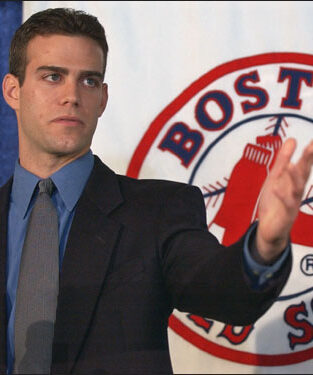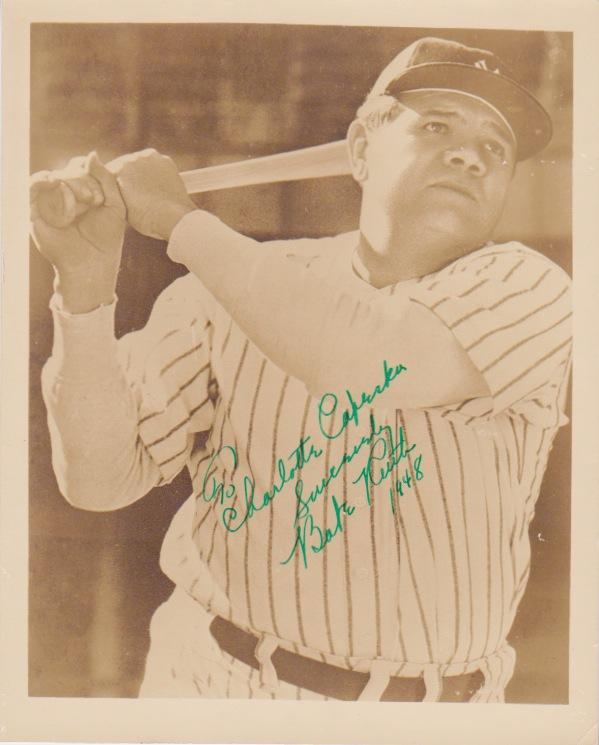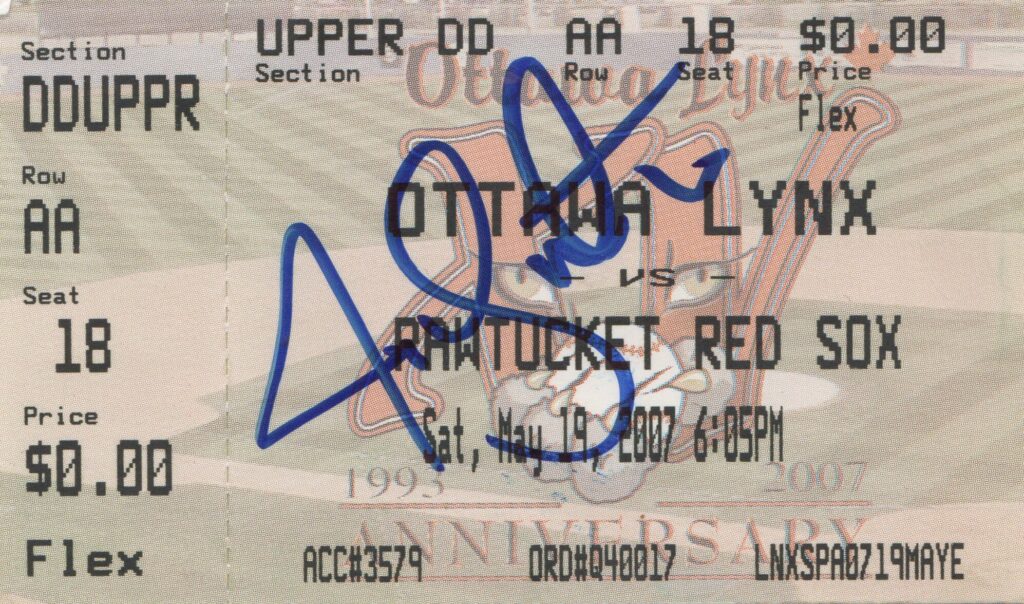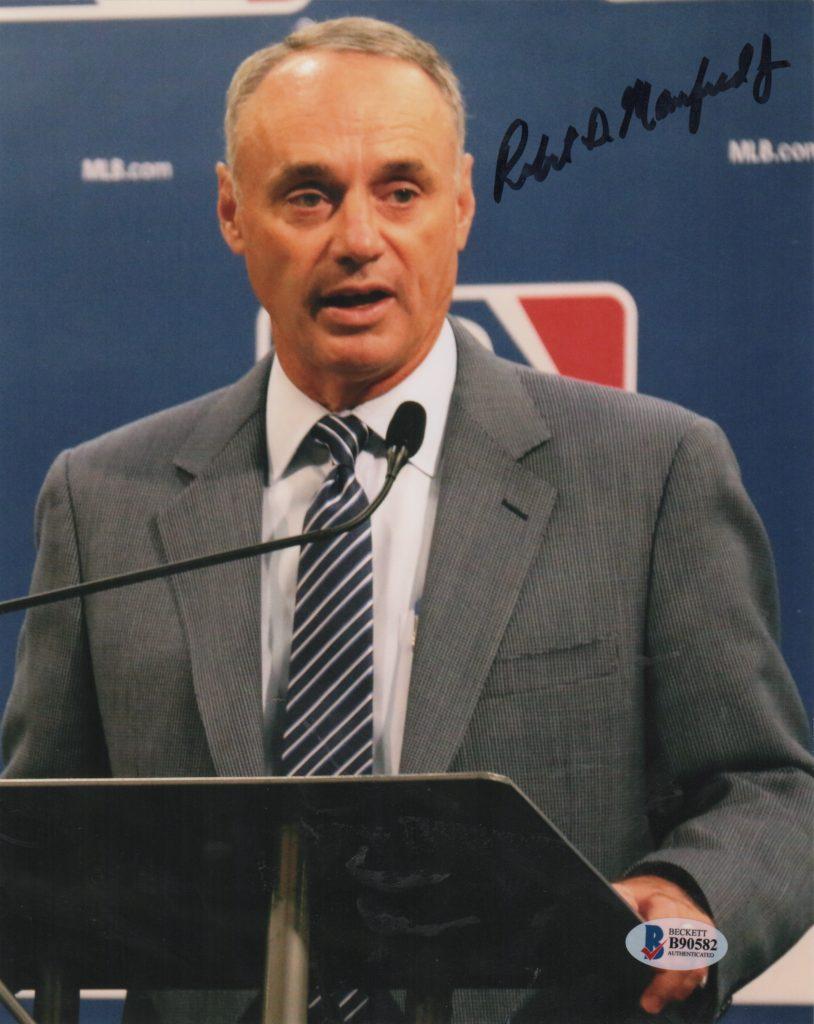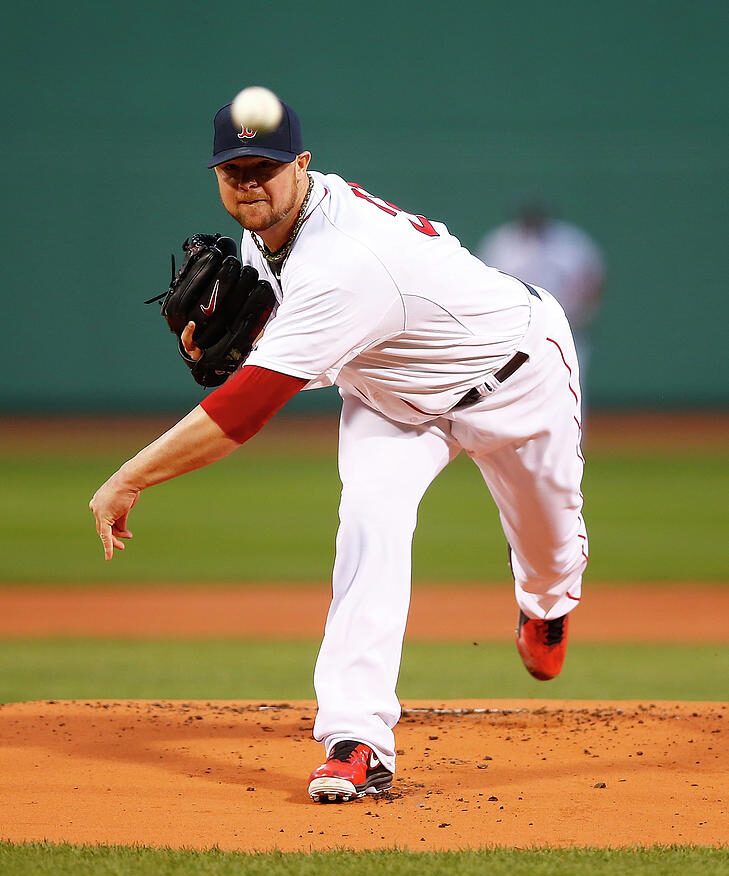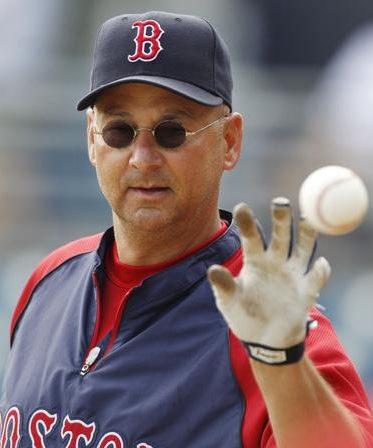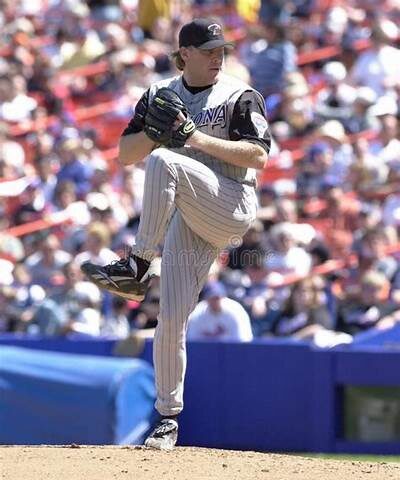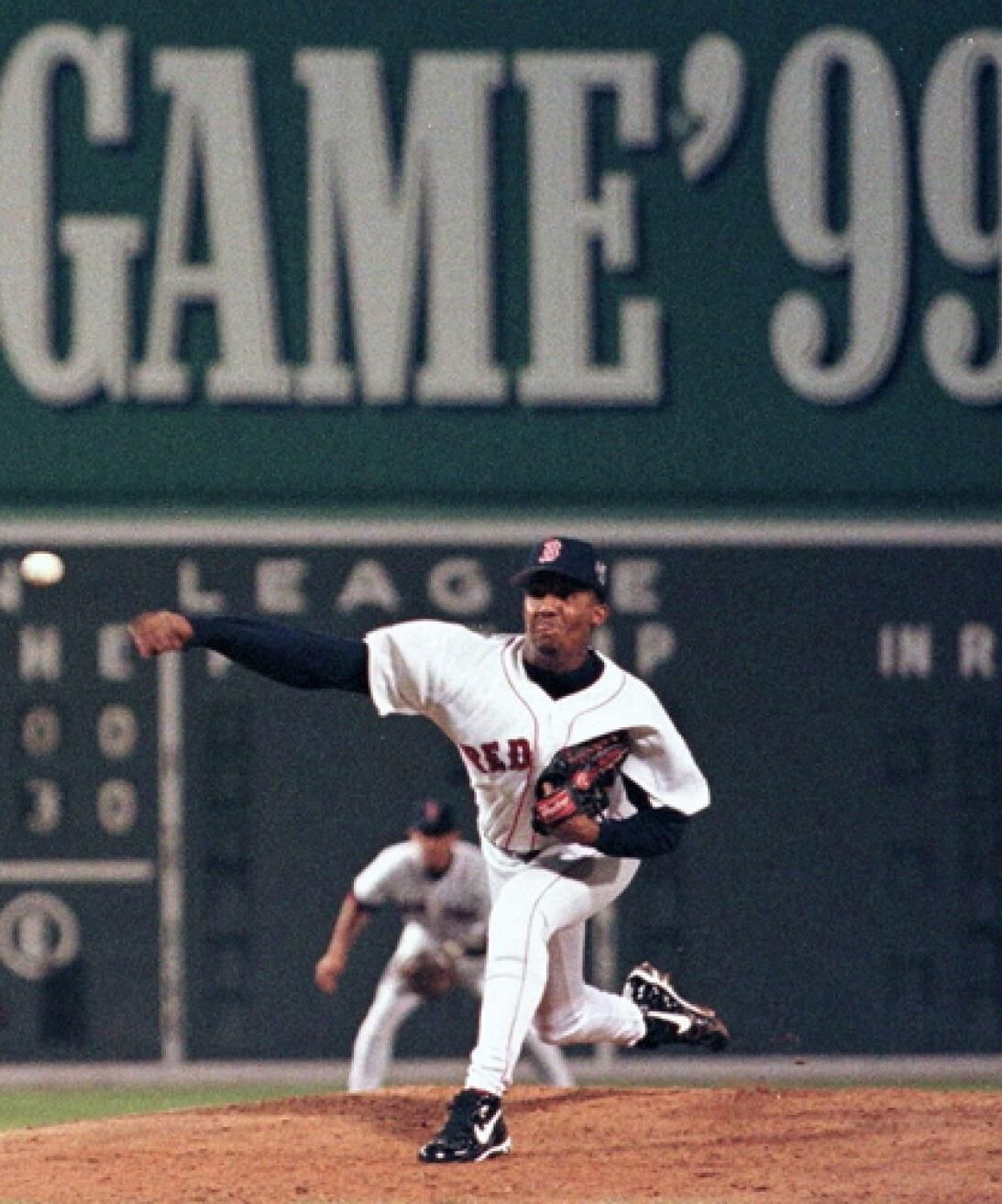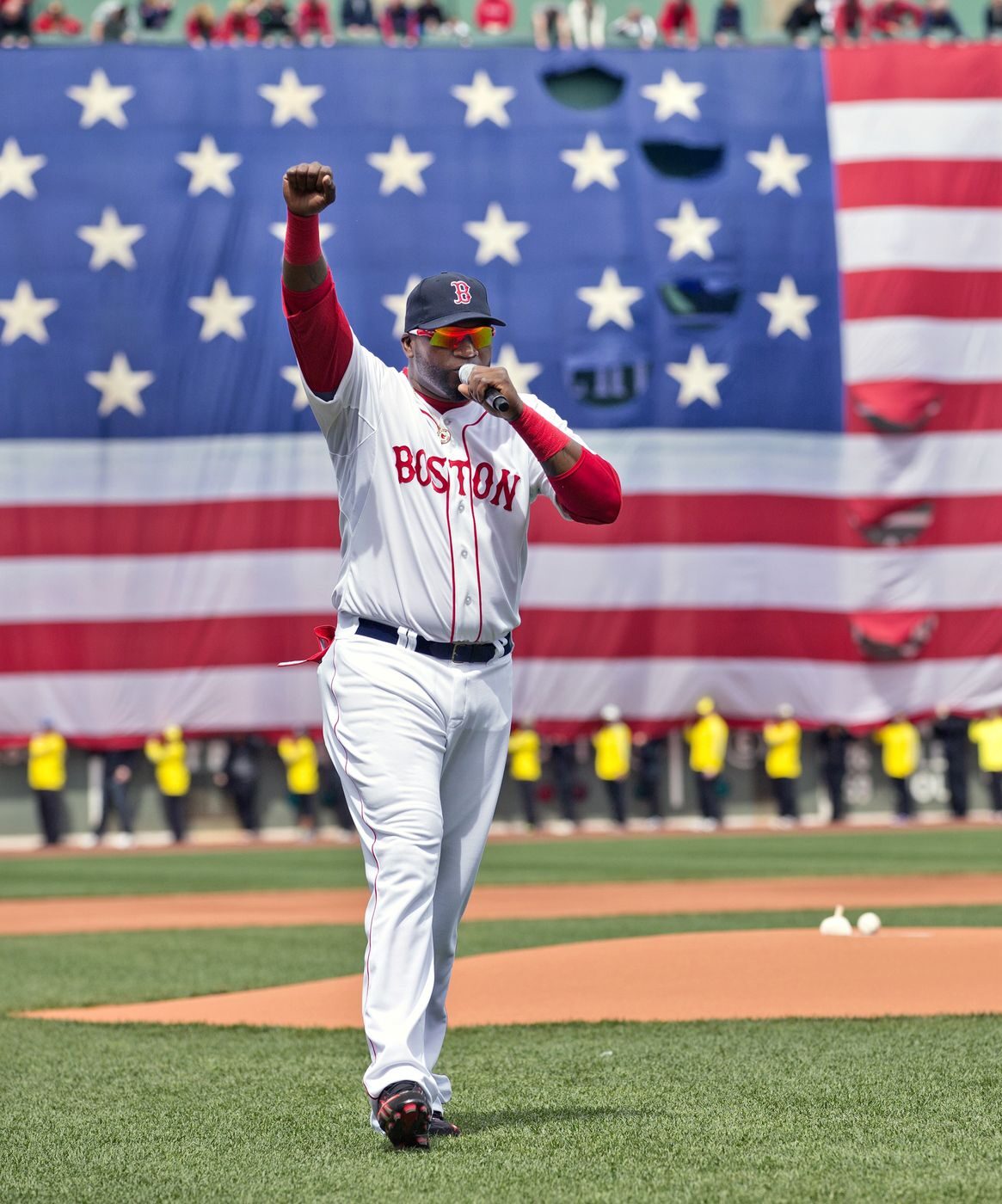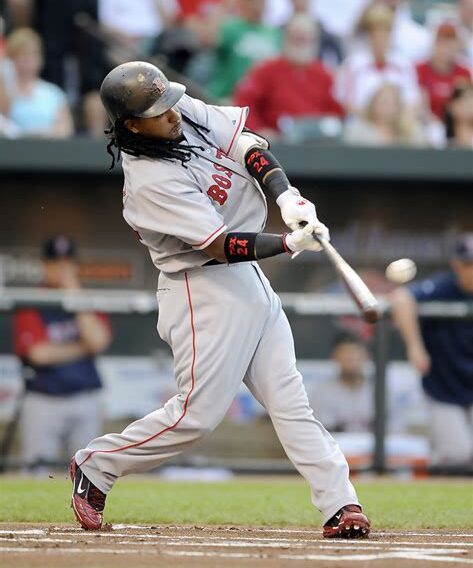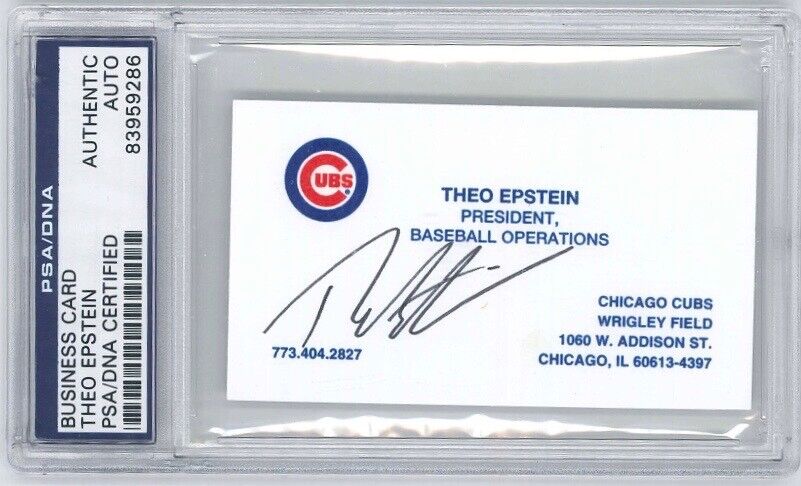
Theo Epstein helped break two of baseball’s longest championship droughts.
Generations of Red Sox fans lived and died without seeing a Boston World Series title. After winning it all in 1918, the Sox hopelessness began.
The Beantown faithful had to wait 86 years until the team hoisted its next championship banner. The Massachusetts misfortune paled in comparison to the catastrophe in Chicago where the Cubs went more than a century – from 1909 to 2016 – without a title.
The executive who built the squads to break each team’s futility was Theo Epstein.
Hired by the Red Sox as General Manager in 2002, Epstein was the youngest man in baseball history to take control of personnel decisions. Thrust into a team devoid of championships, he nonetheless inherited a talented nucleus.
With Pedro Martinez, Manny Ramirez, and David Ortiz in the fold, Epstein traded for Curt Schilling and hired Terry Francona as manager. Then he assembled complimentary pieces that brought Boston its first World Series title since Woodrow Wilson occupied the White House.
The 2004 Red Sox team became the first – and as of yet the only – team to come back from a 0-3 playoff deficit to defeat the Yankees in the ALCS. On baseball’s biggest stage they then swept the St. Louis Cardinals in the World Series to break the 86-year drought.
Epstein wasn’t done. The following year he harvested Boston farm product Jonathan Papelbon. In 2006 he promoted minor leaguers Jon Lester and Dustin Pedroia. Then in 2007 his Red Sox team won it all again. Epstein left Boston after the 2011 season and saw the players he assembled take another title two years later.
Always eager for a challenge, Epstein took over as president of baseball operations with the Cubs. During his first three years, the Cubs finished last in the division. All the while, Epstein stockpiled young talent. Then in 2015 the Cubs reached the playoffs as a Wild Card team. Chicago advanced all the way to the National League Championship Series before being swept by the Mets.
In 2016 everything came together in the Windy City. The Cubs won 103 games to clinch the division, then rolled over the Giants and the Dodgers to reach the World Series. Facing a Cleveland team managed by old friend Francona, the Cubs triumphed in a thrilling seven-game tilt. Their 106-year drought was over. The city of Chicago rejoiced.
In a 12-year period two of baseball’s longest streaks of futility were broken with Epstein as the common denominator.
The Cubs enjoyed another division crown in 2017, followed by a 95-win season the ensuing year. In 2019 they slipped to third place. The shortened 2020 covid campaign resulted in another division championship and a disappointing playoff loss to the Marlins. In November that year Epstein resigned from his Chicago position.
With his place in baseball history secured, Epstein will someday be immortalized in Cooperstown.
Shown here is Epstein’s business card as president of baseball operations with the Cubs. The executive’s signature is deemed authentic by PSA/DNA services.
